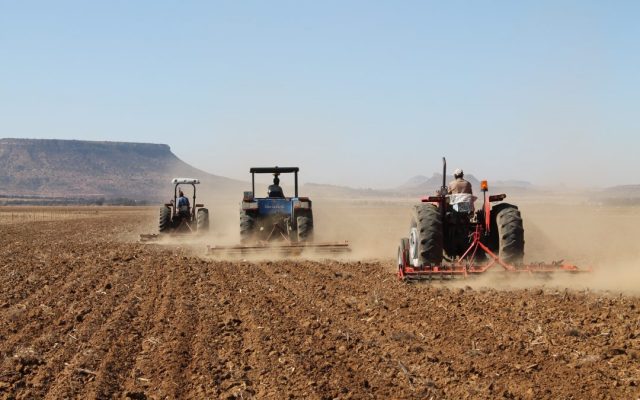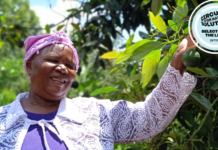By Dr Roelof Botha (GIBS Faculty – part-time) and Prof Ilse Botha (University of Johannesburg)
Executive Summary
Any doubts over the overwhelming impact that the debate on land expropriation without compensation (EWC) has exerted on South African society has been dispelled by the recent announcement of the Word of the Year by the Pan South African Language Board (PanSALB).
Every year, a word (or concept) of the year is announced by PanSALB, based on one that captures the philosophy, mood, or obsessions of that particular year. The choice is based on research conducted by Focal Points and Newsclip, involving factual statistics on keywords tracked for the period January to mid-October. Last year’s winner was “state capture”. This year it was “land expropriation without compensation”.
Unfortunately, these words/concepts have been accompanied by a fairly dramatic decline in confidence levels amongst businesses and consumers alike, with capital formation having declined by more than 7% over the past eleven quarters (in real terms). The importance of capital formation to the well-being of the economy cannot be over-emphasised. It represents the physical assets that are required to produce goods and services and examples include infrastructure (water supply, roads & electricity) and the factories, tractors, machinery and tower cranes that make production and employment by the private sector possible.
In the absence of adequate levels of capital formation, current and future economic growth is curtailed, which compromises fiscal stability via below-optimum taxation revenues. Furthermore, employment growth is also restricted and government’s ability to provide basic services to a growing population and to maintain infrastructure is diminished.
Due to the highly contentious nature of the issue of EWC, particularly the destructive and highly visible effect that such a policy can exert on socio-political and economic stability (as witnessed recently in Zimbabwe and Venezuela), it was decided by the lead author to assemble a research team to conduct an objective economic impact assessment (EIA) of EWC.
The study does not reflect on the nature of past practices of land ownership in South Africa, although it implicitly acknowledges the need for land reform – conducted in a pragmatic manner that does not impact negatively on the crucial demand component of capital formation and, ultimately also on the whole economy.
In a nutshell, therefore, the study attempts to complement the array of submissions that have been presented to Parliament’s Constitutional Review Committee (CRC). As such, the intention is not to invoke emotional debate on what is perceived as wrong or right with property ownership in the country, but simply to point out a plausible quantitative assessment of the likely effects on the South African economy if EWC is pursued.
The ultimate focus of the EIA conducted in this study is to quantify the impact of a policy of EWC on key economic variables, including GDP, employment and taxation revenues, as









